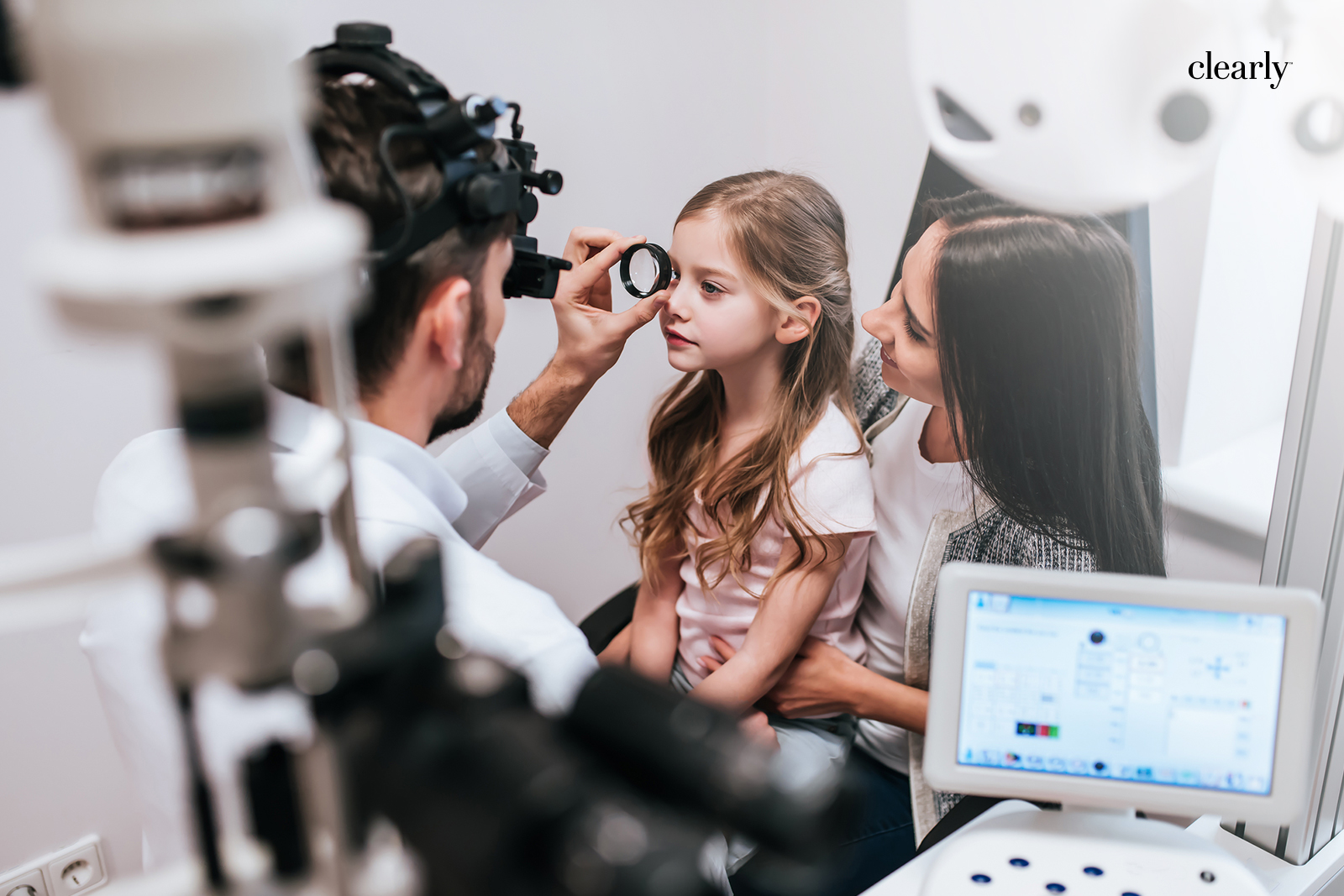
Vision plays a critical role in a child’s learning and development. Yet, many children enter school without ever having a comprehensive eye exam. Undiagnosed vision problems can affect reading, focus, hand-eye coordination, and overall academic performance.
The Problem with Waiting
Children often don't realize they're seeing poorly—because they assume everyone sees the same way. Relying solely on school vision screenings can miss serious issues like:
Farsightedness
Astigmatism
Eye coordination problems
Lazy eye (amblyopia)
These conditions are easiest to treat when caught early, ideally before a child starts formal education.
What to Expect in a Pediatric Eye Exam
Unlike a basic screening, a comprehensive eye exam by an optometrist evaluates:
Visual acuity
Depth perception
Eye alignment
Focusing ability
Overall eye health
It’s painless, quick, and essential for ensuring your child starts school with the visual tools they need to succeed.
How Vision Problems Affect Learning
Poor vision can lead to:
Difficulty reading or copying from the board
Short attention span
Frequent headaches
Frustration with schoolwork
These issues are often misdiagnosed as learning disabilities or behavioral concerns when the root cause is a vision problem.
Make Back-to-School Eye Exams a Priority
The American Optometric Association recommends a full eye exam before first grade, and every one to two years thereafter. Catching and correcting problems early supports healthy development and academic success.
Final Thought
A simple eye exam can change a child’s school year—and life. Before school starts, make sure their vision is set for success.









